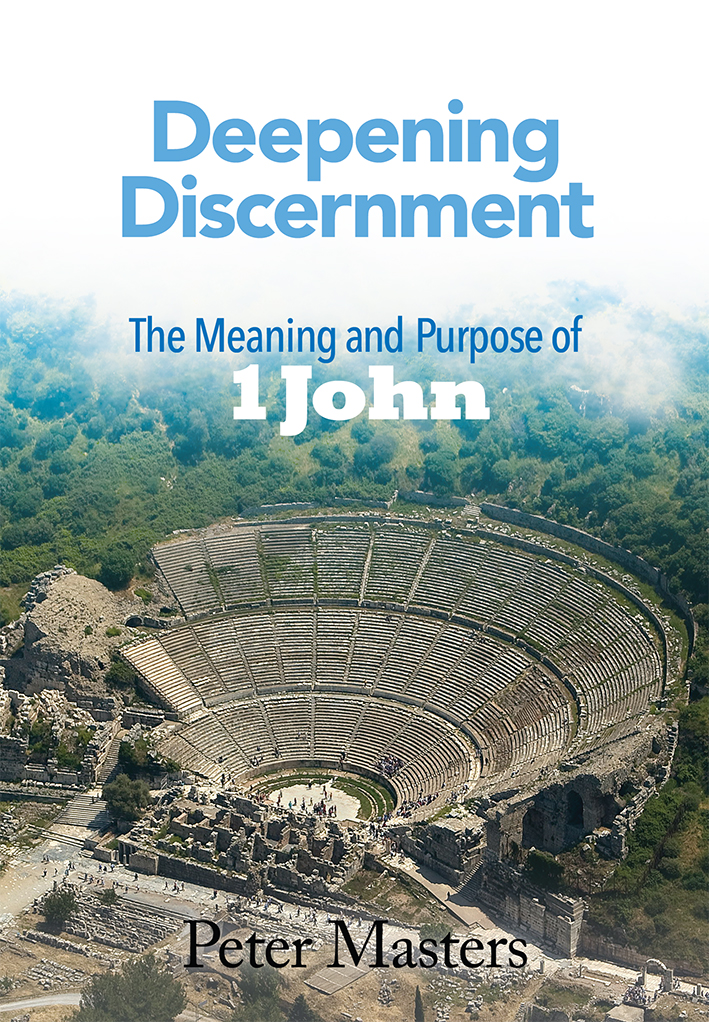
Written late in the first century AD, 1 John uniquely defends the young church from the satanic influences threatening to destroy it.
This is the Bible’s own manual of discernment, enabling believers to keep their faith and walk unsullied until the Lord’s return.
Extract
Many believers underestimate the epistles of John because they do not expect or look for the purposes listed in our introductory summary. The aim of the Gospels is very clear, also of Acts and Paul’s great doctrinal epistles. Then the pastoral epistles and Hebrews have distinctive and obvious purposes. But what of the epistles of Peter and John?
In the case of the epistles of John there is also the problem that they appear to contain many rather simple and disjointed thoughts. We could easily gain the impression that John rambles and repeats himself as a very elderly person might. It sometimes appears as though he is addressing little children. John also seems to be preoccupied with the Gnostic heresy which belonged specifically to his own day, and is not relevant today.
To appreciate the epistles of John we must come to see that, contrary to all the impressions just stated, they are:
- highly ordered and precisely reasoned;
- full of profound spiritual matter unique to these epistles;
- highly relevant to the most dangerous situations confronting churches today.
The apparent simplicity of John’s language is due to gentleness of style, not shallowness of content. The repetition is also of great importance for it is the apostle’s method of dividing up his material, as we will show.
The references of the apostle John to people who deny that Christ had come in the flesh are completely misinterpreted by liberal and new-evangelical writers. It suits such authors to confine their attention to first-century Gnostic heretics so as to keep the epistle firmly tied to an historical problem. While John does deal with heretics of his own time, he also happens to be giving vital principles to the people of God in every age as to how all forms of heresy and compromise are to be treated. The epistles of John contain more commands and principles about the duty of separation from error than any other part of God’s Word.
The key, then, to appreciating the epistles of John, is to approach them with reverence and considerable anticipation. They are unique, rich and burdened with special instructions for local churches in today’s dangerous situation. 1 John is essentially a three-section epistle, with added passages on the principles of separation from doctrinal error. The first part of the epistle explains the basis of real conversion; the next lists the marks of true conversion so as to show the duties of believers, and the last part is a further review of the marks of true conversion to promote strong assurance, encouragement and stimulation.














